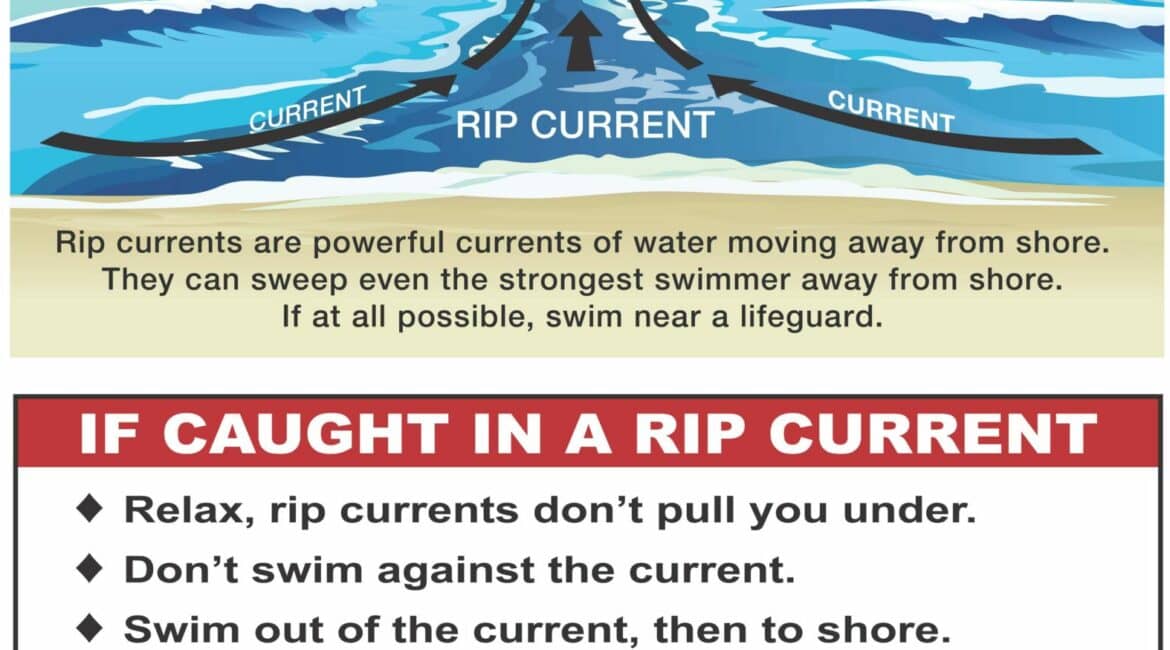
Book Your Stay at The Decca
Beach Safety
As with any beach, there can be hidden hazards to understand before swimming in the Outer Hebrides.
For any type of emergency, please dial 999 immediately. If you need to speak to a nurse about a non-emergency medical matter, dial 111 to speak to the National Health Service (NHS).
Most visitors come to the Outer Hebrides and leave without any safety issues arising. That said, you should know about the potential hazards on our lovely beaches.
Both Immerse Hebrides and Royal National Lifeboat Institution (RNLI) have some great information on open water swimming in the Outer Hebrides.
Rip Tides
The RNLI has information about rip tides in the UK, and we’ve also included a handy infographic from the US National Oceanic and Atmospheric Administration.
Quicksand
Additionally, quicksand can be found on any British beach, including those in the Outer Hebrides, so please familiarise yourself with how to safely get out of quicksand if you do encounter it. Unlike the “lightening sand” shown in The Princess Bride (and other Hollywood movies), the quicksand we’ve encountered on the island has not been very deep. However, that doesn’t mean it isn’t scary if you suddenly sink up to your calves! Knowledge is power though, and this is a great article explaining what quicksand is and how it’s formed.
Jellyfish
Finally… jellyfish can be found in the UK waters and beaches (as they can in many places around the world). The Marine Conservation Society tracks jellyfish sightings in the UK, so you can send them a report if you see any. Their site has lots of information about the different types of jellyfish in the UK. Wildlife Trusts also has good information on identifying various types of jellyfish. This website also has a good article on UK jellyfish including some videos of them in the oceans.
WebMD has a handy guide to treating jellyfish stings as well as the handy infographic below for quick reference (hint: don’t pee on it!). Just be aware if you need treatment for a jellyfish sting in the UK, you’ll need to call 999 or 111 as mentioned above (instead of 911 as it says on the infographic).
0 Comments